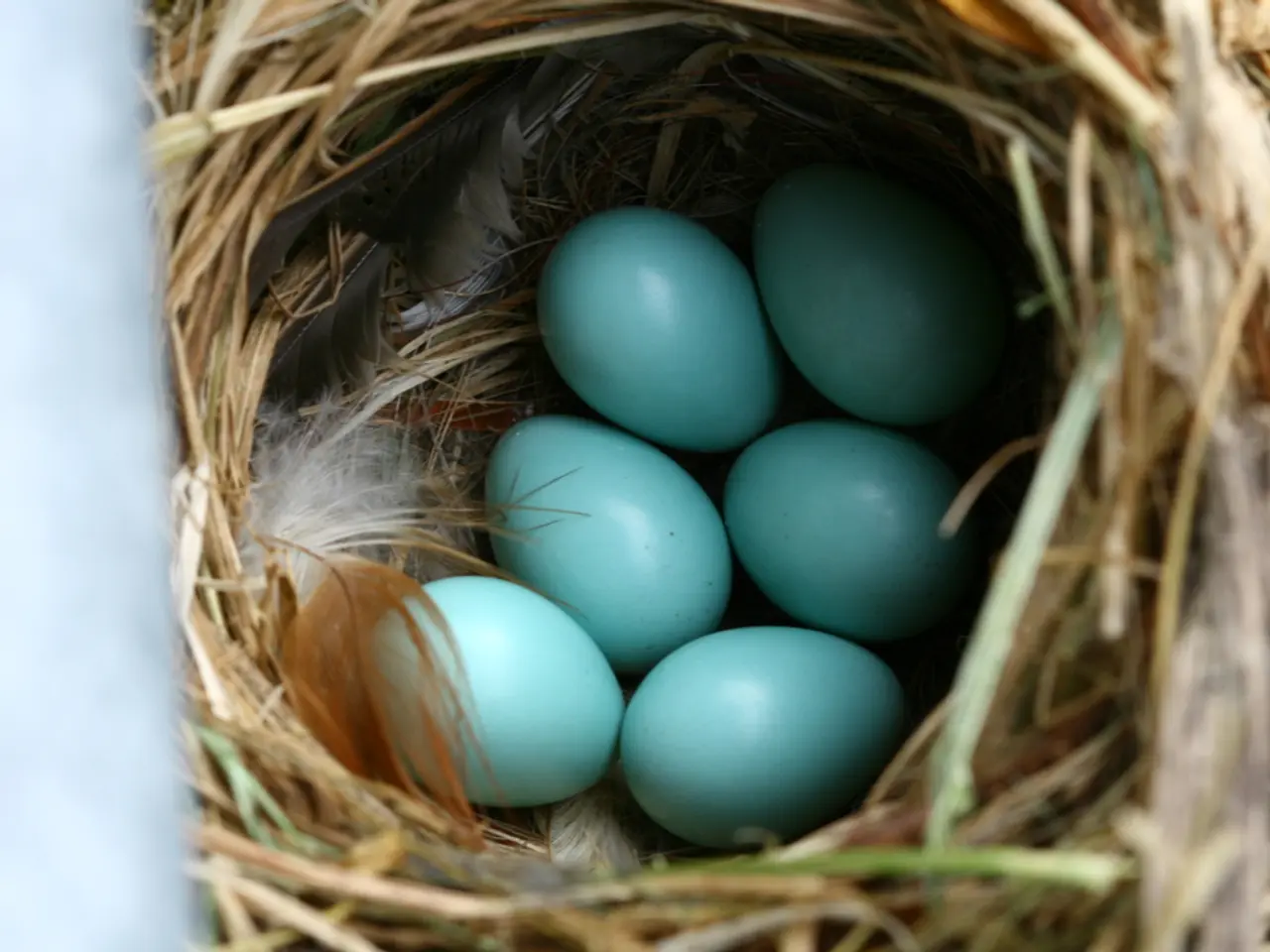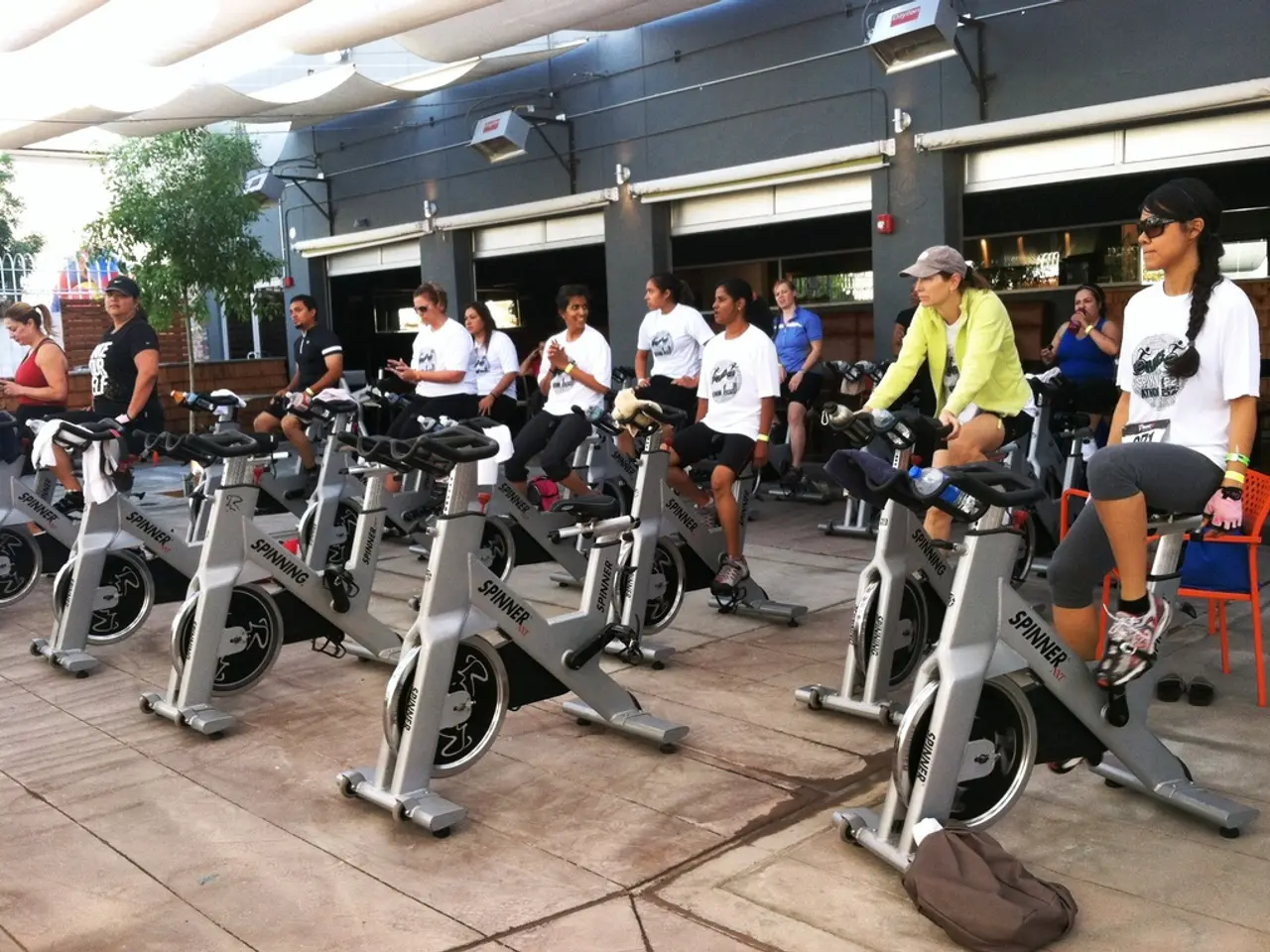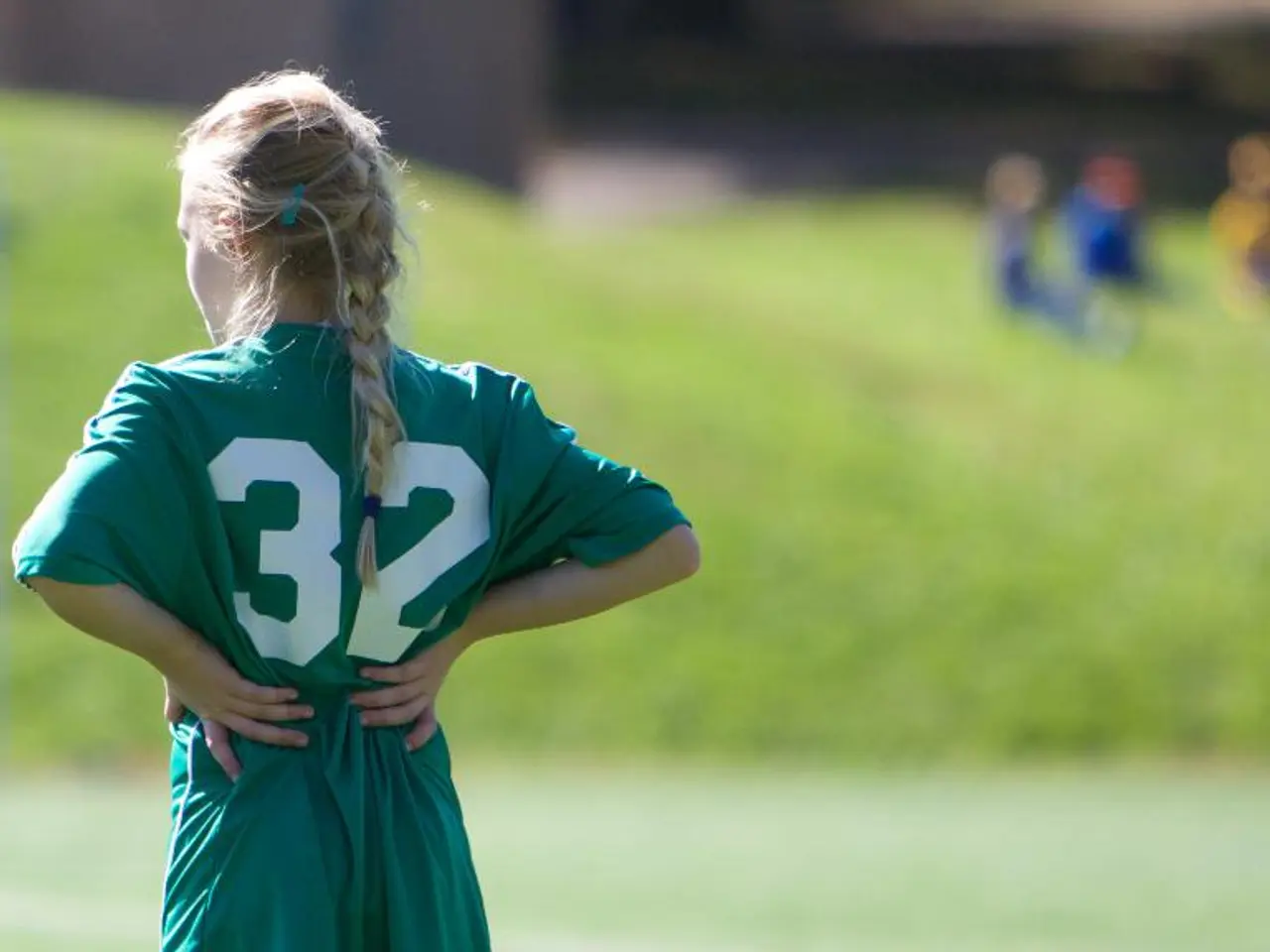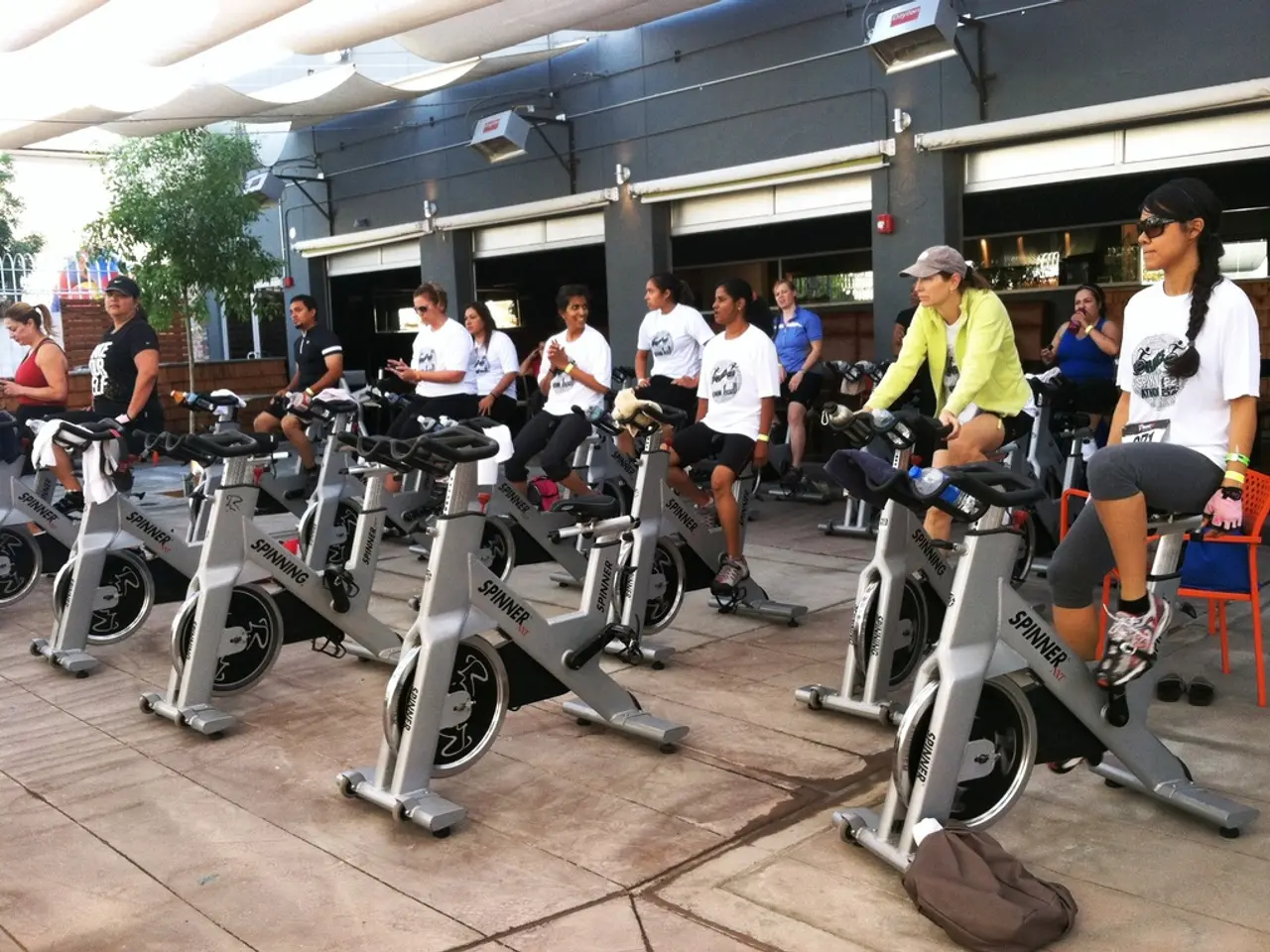Duration of Leaving Bird Eggs Unattended: A Detailed Overview
Leaving bird eggs unattended can have significant consequences for the developing embryo and the parent birds. Here's what you need to know about the factors influencing egg survival, species-specific behaviors, and the best course of action when encountering a bird nest.
General Trends
Bird eggs can survive without incubation for several hours to a few days, depending on the ambient temperature and humidity. In cooler climates, eggs might be left unattended for longer periods due to slower heat loss, whereas in warmer climates, eggs are more vulnerable to overheating and must be attended more frequently.
Species-Specific Behavior
Certain species, such as ospreys, can leave their eggs unattended for several hours, making them vulnerable to predators. On the other hand, some burrow-nesting birds may leave eggs unattended for up to 58 hours in some cases, as seen in species nesting in Alaska's Wooded Islands.
In species like tinamous, ostriches, and gallinaceous birds, males often play a significant role in incubation, which might affect how long eggs can be left unattended. Phalaropes, on the other hand, have males that incubate eggs, but females assist in feeding, which might influence the duration of unattended periods.
Important Considerations
Ambient temperature is the most critical factor in determining how long bird eggs can survive without the warmth and care of the parent bird. In warm climates, eggs can withstand longer periods of unattendedness than in cold climates.
If you find abandoned bird eggs, observe them from a distance for an extended period to see if the parent birds return before taking any action. Approaching a nest too closely or too frequently can cause the parent bird to abandon the nest.
The ideal temperature for most bird eggs is around 99.5 degrees Fahrenheit (37.5 degrees Celsius). Any significant deviation from this temperature can negatively impact the developing embryo. Different bird species have different tolerances for temperature fluctuations, with some species being more adaptable to variations in incubation temperature and others being highly sensitive.
What to Do If You Find Abandoned Bird Eggs
Identifying abandoned bird eggs can be challenging, but key indicators include a consistently absent parent bird and a consistently cold or unusually cool nest. If you believe the eggs have been abandoned, it's important to avoid touching the eggs or the nest, and keep pets away from the nest.
If you are concerned that the nest has been abandoned or that the eggs are in danger, contact a local wildlife rehabilitation center or a bird rescue organization. They can provide guidance and may be able to help.
Consequences of Unattended Eggs
Extended periods of neglect drastically increase the risk of embryo death, especially during cold spells or extreme temperatures. Interfering with a bird nest can be illegal and may result in fines or penalties.
Understanding the specific species and its nesting habits is crucial when assessing the impact of unattended eggs on their viability. Attempting to incubate abandoned bird eggs artificially is difficult and requires specialized equipment and knowledge.
In ideal conditions, eggs might survive for a few hours without significant harm. However, this is not a guarantee, and the longer the eggs are left unattended, the lower the chances of survival. As a general rule of thumb, any period of unattendedness is potentially harmful to bird eggs. If you find a nest with eggs, it is always best to leave it undisturbed and observe from a distance.
In the early stages of embryonic development, eggs are more resilient to temperature fluctuations. However, as the embryo develops, it becomes increasingly reliant on consistent warmth. Educating others about the importance of protecting bird nests can contribute significantly to protecting vulnerable avian populations.
- Science and health-and-wellness related information can help us understand the factors that affect egg survival in different bird species, such as the ideal temperature range and the impact of species-specific behaviors.
- Balancing parenting roles can be observed in various bird species, with some male birds playing significant roles in incubation, potentially leading to differences in egg survival rates when left unattended.




